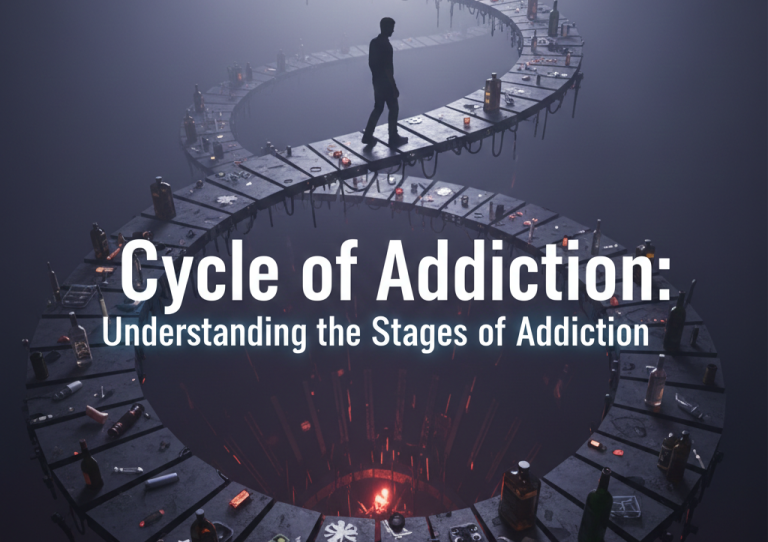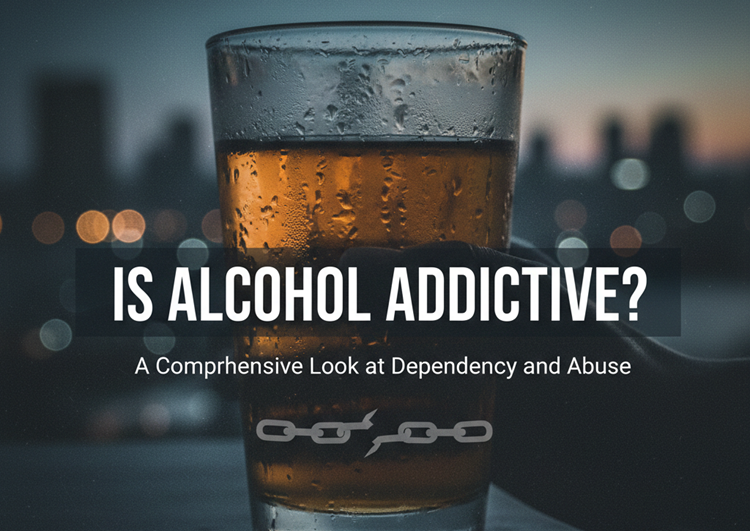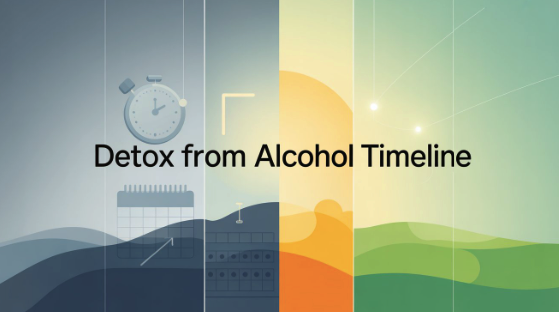Experiencing a loved one’s struggle with addiction is very hard to deal with. Even if substances are involved, addiction shapes more than just the addict, sometimes it impacts the entire community.
It’s common to feel at a loss for words, unsure of how to react and worried that your actions won’t help. The positive way is that there are gentle and effective ways to support your loved one during their recovery.
Here are 7 ways you can make a difference for someone fighting an addiction.
1. Learn About the Facts of Addiction
To help someone well, it’s important to understand the situation they find themselves in. Addiction is a mental illness, not something someone does on purpose. It changes brain chemicals, making decisions, actions and controlling impulses different.
Study the particular substance they’re abusing, the signs of addiction and often occurring disorders such as depression and anxiety. Check the website for the National Institute on Drug Abuse (NIDA) or contact local treatment centers such as Orlando Treatment Solutions.
2. Try to be Compassionate, Instead of Judgmental
Those with addiction tend to feel guilty, ashamed and worried. The people in this situation do not want to be criticized in any way.
Instead, let’s focus on:
- Why don’t you decide to stop using drugs?
- You are making your life worse.
Say things like:
- “I’m worried that you might have problems.”
- Let me help you, because you’re important to me.
- Given your problems, friends and family are there to help.
Keep in mind: Addiction isn’t something chosen; it is a disease. Having compassion encourages trust and makes communication between people safe and open.
3. Make Rules to Keep Yourself Safe
Supporting someone with an addiction doesn’t require you to allow their behavior to continue. You and your children need healthy boundaries for your well-being.
Sometimes, it requires
- Not buying them anything.
- Not hiding their actions or deception.
- Refusing anything that makes you feel uncomfortable or threatened.
Strong boundaries demonstrate love for your child instead of punishing them. They let your loved one know you want to look after yourself and them.
4. Promote Assistance from a Professional
While family support is appreciated, recovery from addiction normally requires professional help. Treatment programs may involve drugs or alcohol detoxification, therapy sessions, treatment as a day patient or methods that focus on the whole person.
Show empathy for your loved one as you help them toward getting help. Tell them they aren’t alone and recovery is a real possibility for them. For folks in Florida, Orlando Treatment Solutions provides personal care that relies on research and includes dual diagnosis support for adults with co-occurring mental health issues.
5. Don’t use a “Savior” Mindset
When your loved one is down, it’s normal to want to help them. But unfortunately, you can’t recover from them.
Trying to direct someone else’s recovery may result in frustration and resentment. You should instead pay attention to the things within your power:
- Giving someone emotional comfort.
- Sharing resources.
- Looking after yourself mentally.
Whether to recover is up to each person. You are there to guide, not take over their problems.
6. Look After Your Mental Health
People who struggle with addiction also affect their family as a whole. Talking to someone is perfectly fine when you’re exhausted, anxious or filled with stress.
Consumers have access to several support services, which include:
- Receiving therapy or counseling.
- If family members join Al-Anon or SMART Recovery Friends & Family, they can get the much-needed help.
- Caring for your well-being so your energy and attention are restored.
- Taking care of your needs will help you better support your loved one on a healthy and ongoing basis.
7. Be Happy About Advancements, No Matter the Size
The process of recovery often doesn’t follow a steady path. You are certain to face barriers, but you’ll also be successful at times. Be sure to celebrate every holiday.
- I am sober today.
- Going to a therapy appointment.
- Talking openly with someone with no fear.
Don’t scold your loved one for relapsing. Tell them instead that facing difficulties doesn’t stop us from moving forward.
Seeking Assistance for Addiction
Showing support to a person fighting addiction is both very hard and one of the most courageous and loving things you can do. You might not know every answer, and that’s no problem. What’s most important is having empathy, being patient, and being willing to help them along.

If you or someone is fighting addiction, you can get help today. Here at Orlando Treatment Solutions, we give compassionate, science-backed treatment that fits each person’s needs. Our team is with you during every part of recovery, such as in outpatient groups or when addressing dual diagnosis.
If you’re ready to begin the journey toward healing, call us now at Orlando Treatment Solutions to get information about our addiction treatment services. If you want to get started, call us at (321) 415-3213 now.



























